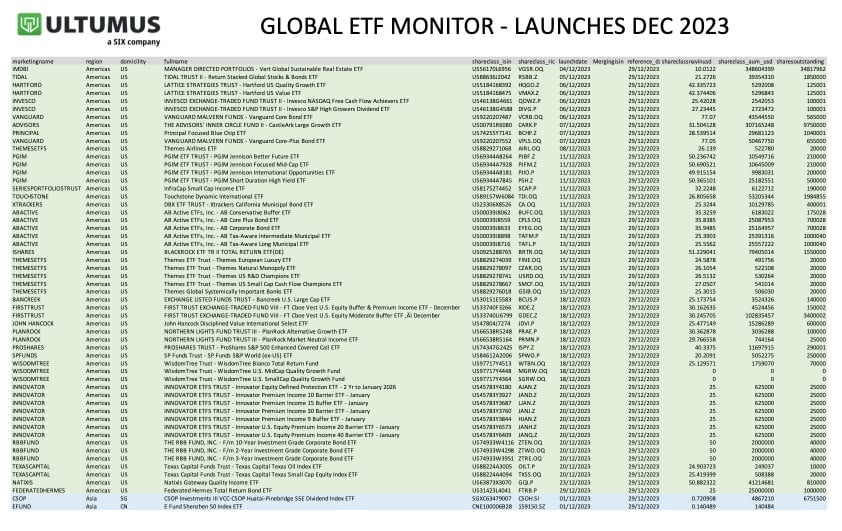Can technology find real estate growth stories?
Real estate and technology are normally pretty close to polar opposites for equity investors. Property companies pay out big yields (partly for tax reasons in the case of REITS) but may not offer much growth potential and some areas such as offices and physical shops are threatened by tech-enabled trends such as homeworking, hybrid working and e-commerce. Meanwhile technology is perceived as a growth sector, generally paying low dividends because companies are reinvesting the cash into profitable projects.
However a different perspective is using technology to tap into growth niches in the property market. The PTEC PropTech ETF (PTEC) from Global X, launched this month, claims that the global PropTech market could triple to $94 billion by 2030. That is an impressive growth rate that clearly dwarfs most broader and bigger technology companies.
The applications listed by the manager include “property management, online marketplaces, real estate research and analytics platforms, as well as next-generation digital infrastructure/hardware, such as smart security systems and virtual or augmented reality solutions”.
Thinking laterally, there is not necessarily any need for holdings to be classified as either real estate or technology since a wide variety of firms could contribute to PropTech from different angles.
Some holdings, such as online real estate agents RightMove and Zillow, and online holiday rentals group Airbnb, are probably familiar to most investors. KE Holdings Inc, which owns China’s online real estate platform, Beike, is less well known. Scout24 in Germany and REA Holdings in Australia and Asia are other online property platforms selected.
There are also data, technology and service providers, such as Costar Group Inc and Black Knight Inc.
Property software specialists in the ETF include US firm Procore Technologies Inc and Germany’s Nemetschek, which provides software solutions for engineering, construction and architecture. Meanwhile, Guidewire Software focuses on software for property and casualty insurance.
Overall, the concept of seeking out growth niches in a sluggish sector is appealing, because the less obvious growth stories can be overlooked by many investors - and might be on cheaper valuations.
The total expense ratio of 0.50% is somewhere in the middle of the range. It is clearly higher than a pure play traditional real estate ETF, but is also lower than some specialist niche sector type ETFs which can have TERs approaching 1%.
.



